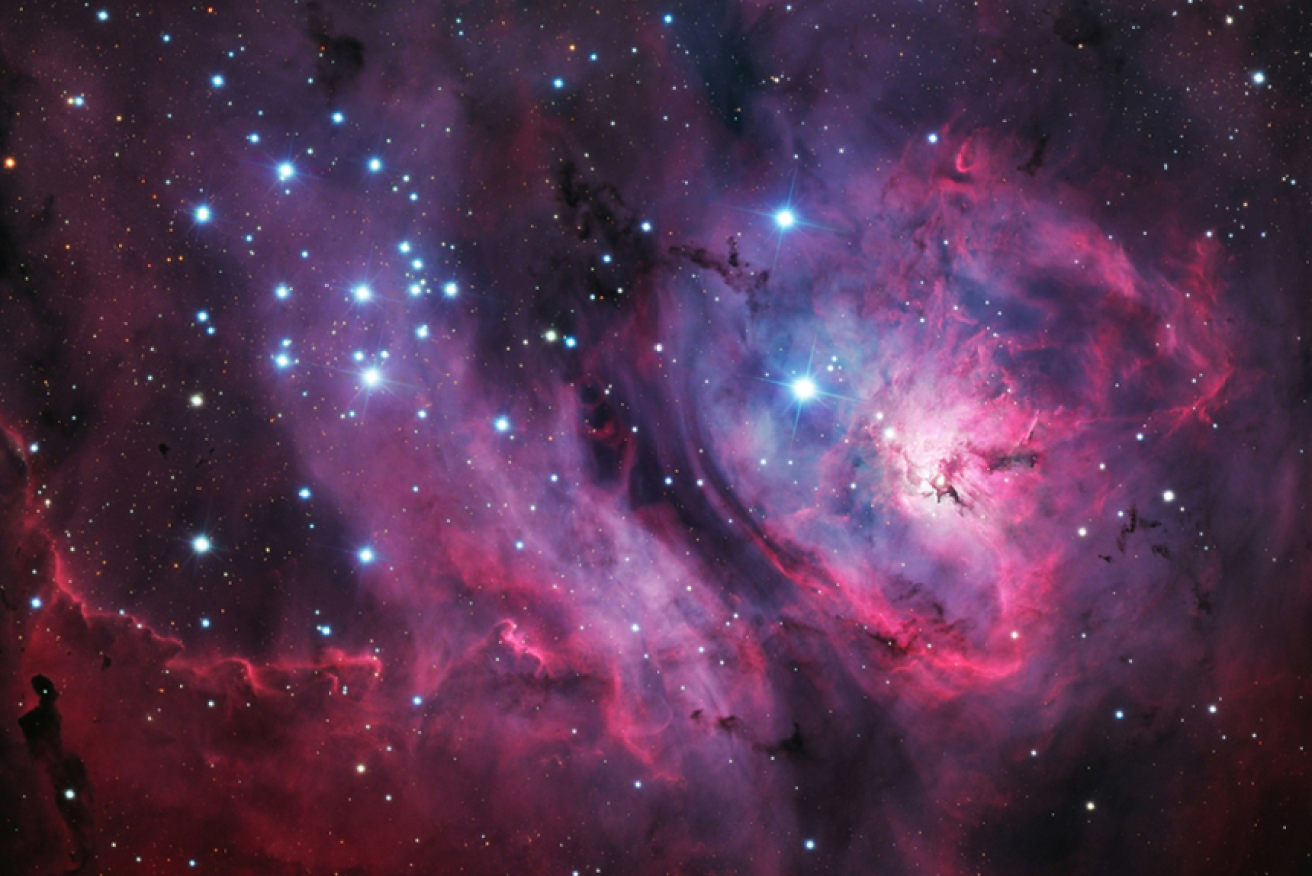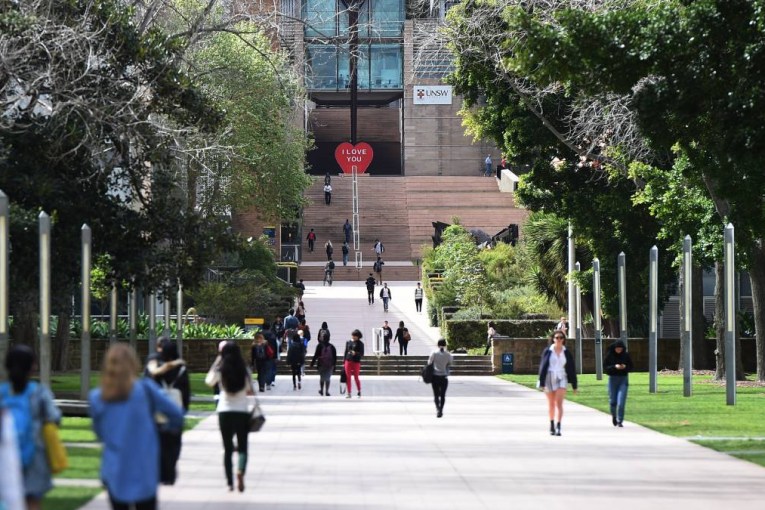Space race: Australia looks to the stars for opportunities

Eons before NASA took that giant leap for mankind, Indigenous astronomers were charting the evening sky. Photo: AAP
Australia can become a key player in the world’s booming space economy with the creation of a national space agency, the federal government says.
The government says the move will help encourage investment and also aid in scientific discovery and development, as Australia turns its eyes to the heavens to seize business opportunities and create jobs.
It’s not a “man on the moon” exercise, nor will it be “another NASA”, Education Minister Simon Birmingham says, but a bid to provide co-ordination and leadership to the space sector.
“There’s a big role for science. There’s a big role for industry. We want to make sure Australia plays its part in both of those,” Senator Birmingham told reporters in Adelaide on Monday.
“The scientific pursuit in space is, in many ways, never-ending, but of course the commercial opportunities have expanded dramatically across defence, across communications, across transportation.”
The Australian space agency was confirmed at the opening of the 68th International Astronautical Congress in Adelaide and was welcomed by the global space community.
Its structure, location and cost will be determined following the government’s review of Australia’s involvement in the space industry with a funding announcement likely in the May budget.

Governments have a critical role to play in laying out the path for private industry to follow, experts say. Photo: NASA
Prime Minister Malcolm Turnbull said while a domestic agency would only be small, the space sector was one of enormous potential.
“We already have many Australian companies participating in it. It’s an example of our innovation and science economy,” he said.
Space Industry Association of Australia chairman Ian Davis said the agency’s aim was to deliver clear economic benefit to the Australian economy and re-energise the nation’s status as a participant in the development of outer space.
“We will soon take our place at the table of space agencies as major initiatives and cooperative projects are considered and developed,” he said.
“Australia has always played a significant role, but we have fallen behind the major nations, especially the European ones and now we can quickly play catch up.
“We have the capacity, the science, the skills, the research and development environment, the culture, the industry nous. Now we have the standing of the Australian space agency.”

NASA’s target is to put humans in the Martian environment by 2030. Photo: NASA
Australia’s only astronaut Andy Thomas similarly welcomed the move but said Australia had waited too long to act.
“There’s been a succession of governments on both sides of the aisle that have shied away from it, but it’s never too late,” he said.
The federal opposition also matched the government’s pledge for a space agency and said a Labor government would task it to double the size of the local space industry within five years, creating 10,000 jobs.
The global space industry is worth about $420 billion annually but Australia’s share is only 0.8 per cent.
It doesn’t just involve launching rockets or planning missions to Mars and is more concerned with technology that impacts everyday life, including data that controls smartphones, weather forecasts and GPS devices.
-AAP







